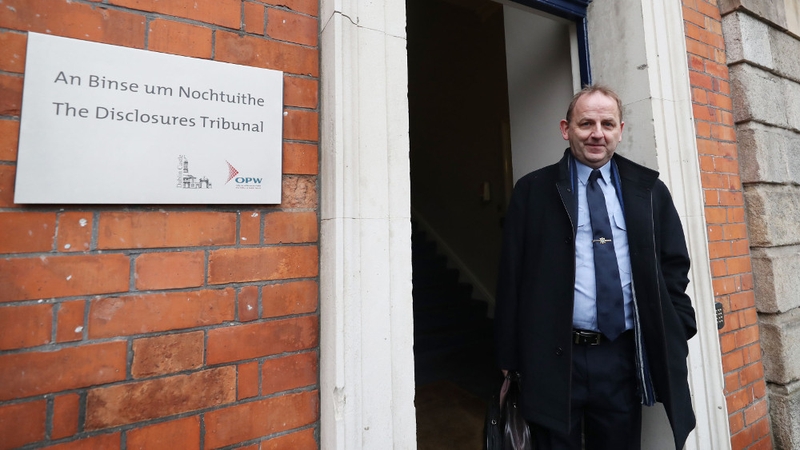-
Courses

Courses
Choosing a course is one of the most important decisions you'll ever make! View our courses and see what our students and lecturers have to say about the courses you are interested in at the links below.
-
University Life

University Life
Each year more than 4,000 choose University of Galway as their University of choice. Find out what life at University of Galway is all about here.
-
About University of Galway

About University of Galway
Since 1845, University of Galway has been sharing the highest quality teaching and research with Ireland and the world. Find out what makes our University so special – from our distinguished history to the latest news and campus developments.
-
Colleges & Schools

Colleges & Schools
University of Galway has earned international recognition as a research-led university with a commitment to top quality teaching across a range of key areas of expertise.
-
Research & Innovation

Research & Innovation
University of Galway’s vibrant research community take on some of the most pressing challenges of our times.
-
Business & Industry

Guiding Breakthrough Research at University of Galway
We explore and facilitate commercial opportunities for the research community at University of Galway, as well as facilitating industry partnership.
-
Alumni & Friends

Alumni & Friends
There are 128,000 University of Galway alumni worldwide. Stay connected to your alumni community! Join our social networks and update your details online.
-
Community Engagement

Community Engagement
At University of Galway, we believe that the best learning takes place when you apply what you learn in a real world context. That's why many of our courses include work placements or community projects.
Other Resources
 In this section, you can consult other available resources related to the study of whistleblowing. We offer additional material to help you better understand the academic and practical aspects of whistleblower protection and reporting systems.
In this section, you can consult other available resources related to the study of whistleblowing. We offer additional material to help you better understand the academic and practical aspects of whistleblower protection and reporting systems.
Blog: The Shield, The Support and the Loudspeaker: Collective Whistleblowing by Ireland's Women of Honour
I was listening to RTÉ’s radio documentary, Women of Honour. It was 2021. I had been researching whistleblowing for almost fifteen years. But this was something new. The show was a damning account of abuse within a culture that did not accept or listen to women. The whistleblowers' experiences of isolation and exclusion were depressingly familiar. But something different seemed to be happening in this case. Women of Honour represent themselves as a single entity. They speak in public as though they were one. This makes their experience as whistleblowers stand out in three ways: the support, the shield, and the loudspeaker. Read more...
-8.17.11â¯p. m.-697x433.png)
Article: Speak out against wrongdoing in an Irish workplace, and here is what happens [Irish Times, 2020]
It is to the credit of RTÉ Investigates: Whistleblowers Fighting To Be Heard (RTÉ One, 9.35 pm) that it is an immensely frustrating watch. We are introduced to ordinary people who courageously and with tremendous fortitude have gone public with evidence of malpractice at their places of work. But rather than be feted for their bravery they have been shunned and in at least once instance blacklisted. As final credits roll you feel you have been subjected to a maddening gaze straight into the Irish soul. Here were individuals clearly doing the right thing. Read at Irish Times.

The Costs and Labour of Whistleblowing: Bodily Vulnerability and Post-disclosure Survival
The public debate on whistleblowing needs to be changed. There is a persistent contradiction in how whistleblowers are perceived. On the one hand, whistleblowing is a vital way in which corruption comes to light. Yet, society does little to support the real-life struggles of the many whistleblowers who find themselves without a source of income and with little prospect of sourcing further work in their chosen career. If this situation does not change, fewer and fewer whistleblowers might come forward.
For this project, we gathered empirical evidence in order to reappraise how organizations and society see and value whistleblowers, and how society might better support them. We present data from an eighteen-month study carried out between 2016 and 2018 that involved interviews with fifty- eight whistleblowers and seventeen experts, along with quantitative data from a survey of ninety-two whistleblowers.
Whistleblowing in Organizations: Podcast
Professor Kate Kenny recorded a podcast episode for Dr Simon Western’s Edgy Ideas. They discuss how deep-seated organizational norms can affect whether whistleblowers are supported or punished for speaking out. Listen here.
-8.39.45â¯p. m.-983x359.png)
"Whistleblower Strategies" by Prof Kate Kenny
This interview was carried out with Deepa Driver as part of the International Festival of Whistleblowing, Dissent and Accountability, which took place on May 8th 2021. Available at: 21 Int festival whistleblowing
IAW Week 2020: In Conversation with Chris Smalls and Kate Kenny
Professor Kenny contributed to the Integrity at Work (IAW) annual conference, Transparency International Ireland, by pre-recording an interview with Chris Smalls, former Amazon manager who spoke out about health and safety concerns during Covid-19. Mr Smalls is a Founder of The Congress of Essential Workers. The event took place online on 24th November.
CeBaS seminar: ‘Whistleblowers and their Allies: Reframing organizational resistance and external disclosures’
Professor Kenny presented at University College Dublin’s CeBaS seminar on 12th November. The recording can be watched here.
RTÉ Investigates: Whistleblowers Fighting To Be Heard
Prof Kate Kenny contributed to the documentary ‘RTÉ Investigates: Whistleblowers Fighting To Be Heard’ that screened on 21st September. The programme details the impact of speaking out, in five high-profile whistleblowing cases in Ireland. Watch online.















